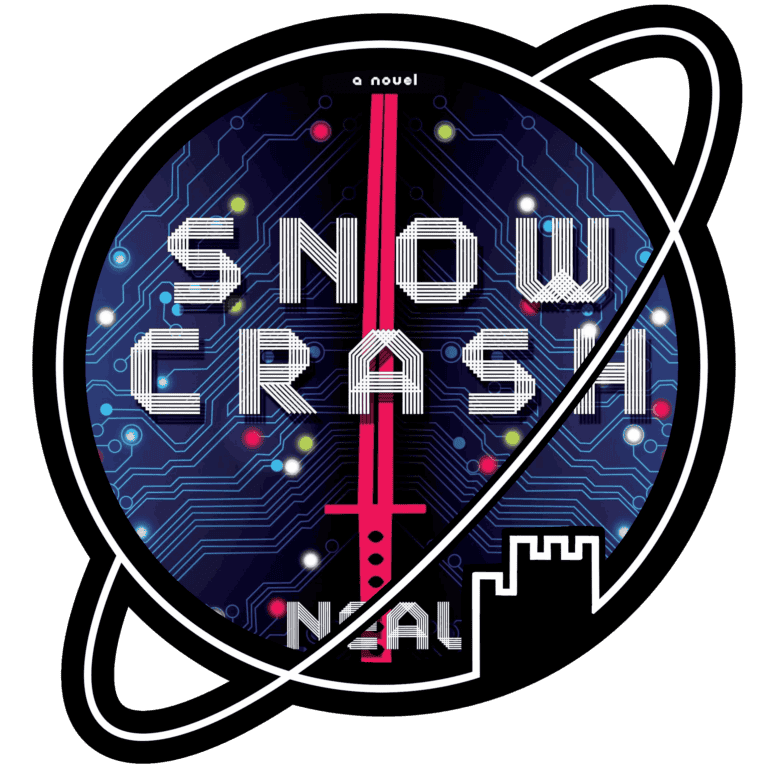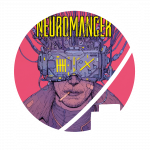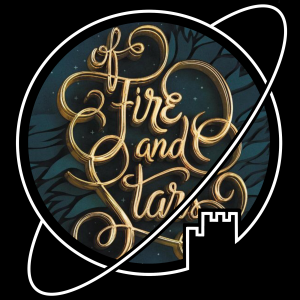- Novel written by Neal Stephenson
- Published in June 1992
- Standalone


I think Neal Stephenson is an acquired taste.
When I first read Termination Shock, I don’t think I really ‘got’ it. I’ve read a few of Stephenson’s books since then, and the more of them I read, the more they grow on me.
His books are technology-focused but mostly rooted in actual possibilities; they are imaginative but also well thought-through; they are complex but he brings all the different strands of story together nicely in the end. Snow Crash is a very early Stephenson book, and while some of the elements of his style appear to still be developing, they are all already there.
One thing that sets Snow Crash apart from some or Stephenson’s later work is the bold surreality of the dystopia he creates. In Snow Crash, the world has fallen apart to the extent that nations have become franchise stores and franchise stores have become nations. The main characters care the rather on the nose names of ‘Hiro Protagonist’ and ‘Y.T.’ (’Yours Truly’). It is a world where the Mafia is a pizza company and security is contracted out to Admiral Bob’s National Security, where one man can be a nuclear power and where brains can get hacked or infected with a computer virus.
Snow Crash is so profoundly weird that it took some real work to get into the mindset – the first third of the book is funny but really difficult to follow because the world is so alien. Once I bought into it and suspended my disbelief, though, Snow Crash turned into a surprisingly gripping high-paced, high-tech mystery.
It is worth keeping mind that Stephenson wrote Snow Crash in 1992, in the early early days of the internet, when there were only a couple of hundred of websites and only big institutions were online.
Against that backdrop, the world he imagined is incredibly impressive. He popularised terms such as ‘metaverse’ and ‘avatar’ and While some aspects of the world of Snow Crash have been overtaken by reality, a lot of the trajectory Stephenson sketched might actually still come to fruition. Even a reader in 2025 can feel this is a somewhat plausible near future for our society.
That might be because Neal Stephenson manages uniquely well to bring the ‘tech bro’ mindset to paper. Even in 1992, it seems he was already plugged into that scene, and he has continued to evolve with it over the years. It is no wonder that Stephenson is so popular in Silicon Valley: the futures he writes are the ones tech companies are trying to create.
That the influence has been mutual may be deducted from an interesting development in Stephenson’s writing that struck me: in Snow Crash, the billionaires are still the bad guys, but by Termination Shock, the billionaires are the only go-getters that are actually doing something to save the world.
Given the recent actions of real world billionaires, I would argue that Snow Crash was more prophetic in that aspect than any of Stephenson’s more recent works.
A final note: I don’t want to condemn a book on the basis of a single scene, but there is rather icky and rather unnecessary scene of statutory rape at about two-thirds into the book that I would love for newer editions to lose – proceed with caution.
Overall, though, Snow Crash is a bit of an investment, but once you get into it, it is very entertaining and the world surreal but thought-provoking. Definitely recommended for those who want to tap into the mindset and imagination of the software engineers that dragged us into the modern world.














